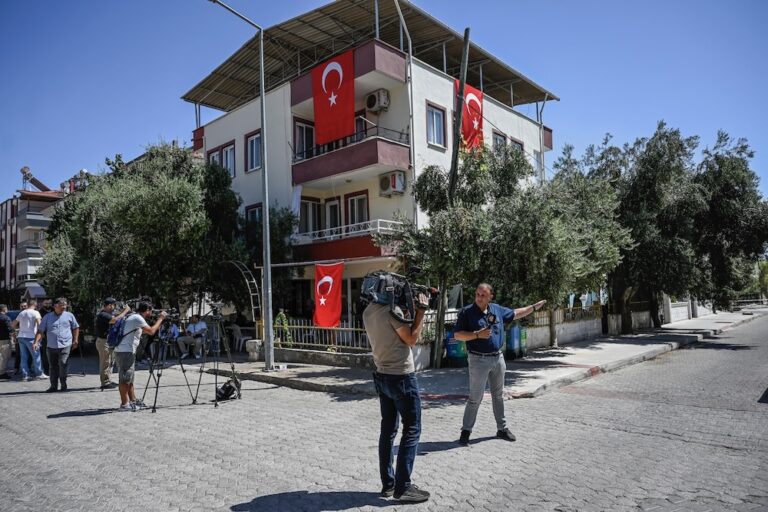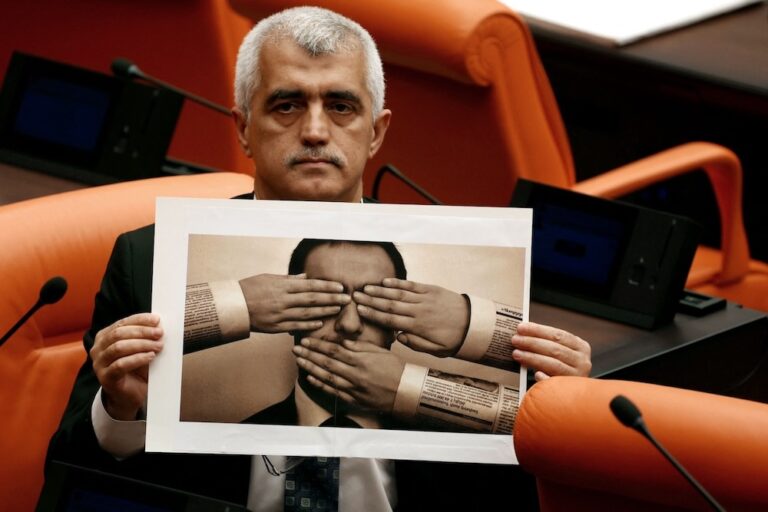An Ankara court refused to rescind a court order blocking access to 44 IP addresses that offered alternative ways to access the Google-owned video-sharing website.
(RSF/IFEX) – Reporters Without Borders urges the authorities to put a complete stop to their blocking of YouTube and to review their Internet filtering policies after an Ankara court, on 7 July 2010, refused to rescind a court order blocking access to 44 IP addresses that offered alternative ways to access the Google-owned video-sharing website.
The main YouTube site has itself been blocked on the same court’s orders since 5 May 2008. The blocking of the 44 other IP addresses, ordered in mid-June, resulted in the disruption of other Google services such as Google Maps and Google Analytics. The latter is still affected. The case has now been transferred to another court in Ankara for evaluation.
“Turkey’s Internet law allows the authorities to block access to thousands of websites,” Reporters Without Borders said. “The blocking of YouTube has had a particular impact. The authorities undermine their own credibility by denying the Turkish people access to a means of communication and information that is widely used internationally.”
The press freedom organisation added: “Their credibility is further weakened by the fact that the blocking is also a form of financial blackmail, in as much as they have let it be understood that it is linked to their desire to make Google pay taxes.”
YouTube was blocked in 2008 under Law 5651 because of a dozen videos that were deemed to insult the Turkish republic’s founder, Mustafa Kemal Atatürk.
In effect since November 2007, Law 5651 on “the organisation of online publications and the fight against crimes committed by means of such publications” allows prosecutors to block a site within 24 hours if its content is deemed liable to incite suicide, paedophilia, drug abuse, obscenity or prostitution, or violate a law forbidding any attacks on Atatürk.
The 44 addresses offering alternative access to YouTube were blocked in June at the request of the Ankara prosecutor in charge of investigating press crimes.
Turkish media reports on 5 July meanwhile highlighted the ambiguity of official statements about the blocking. Hayri Keskin, a judge, said YouTube continued to be censored because it still violated the Internet law but transport minister Binali Yildirim suggested it was more to do with a desire to tax the advertising earnings of YouTube and Google.
Dunja Mijatovic, the Organisation for Security and Cooperation in Europe’s media freedom representative, wrote to the Turkish authorities on 22 June to again urge them to restore access to YouTube and other Google services.


